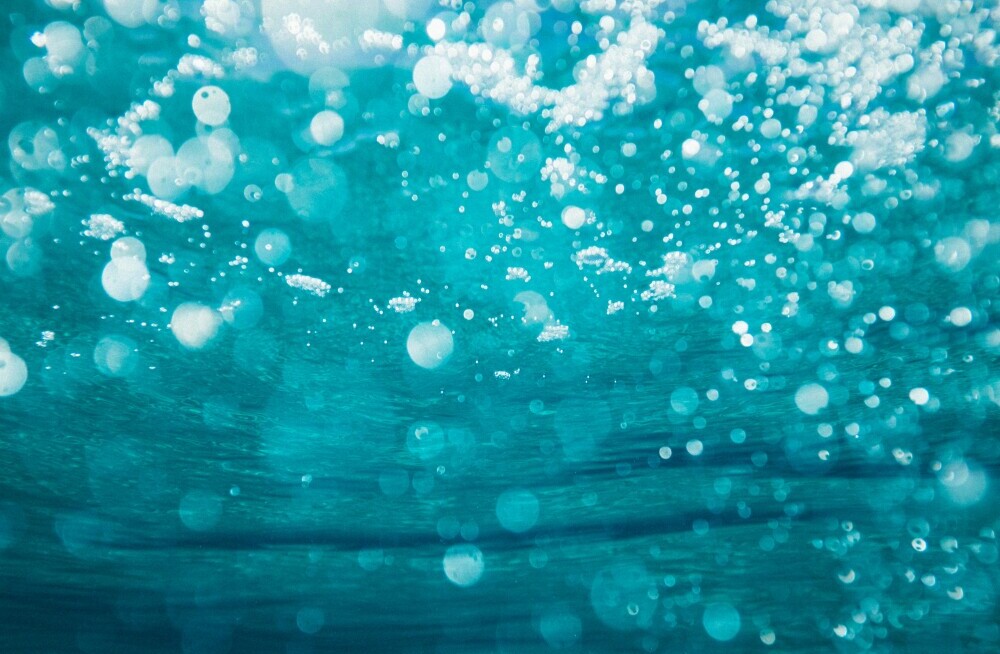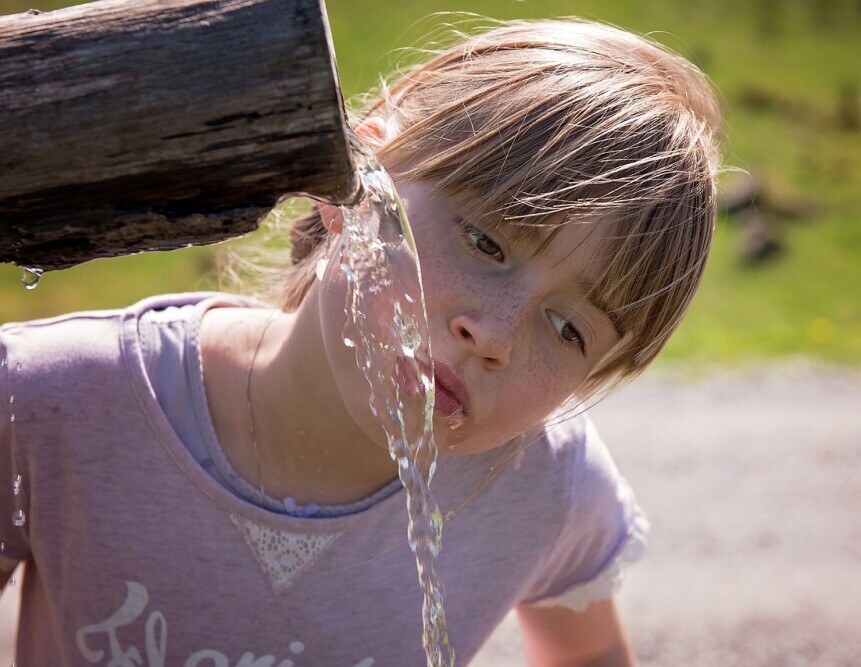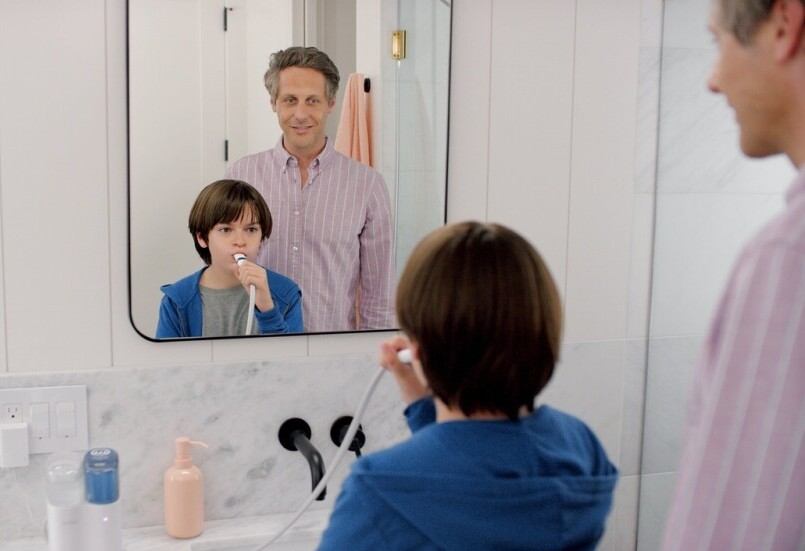Water Efficiency Programs Available To Everyone In The USA
When it comes to water conservation, many people don’t realize the treasure trove of community programs around us. Imagine cities bustling with initiatives designed to reduce water waste while making life a little easier. These programs aren’t just about saving a precious resource; they’re about rallying together to make a real difference.
Look at what’s happening in sunny California with WaterSmart, an initiative involving folks through workshops and resources. They’ve tapped into the power of community education, using easy-to-understand strategies that help residents recognize where they can slash water use. If you haven’t heard of this before and live here, try to find out about it and get involved.

But it doesn’t stop with understanding. There’s the doing part. Many local governments are teaming up with volunteers to tackle water efficiency more hands-on. Whether organizing clean-up drives or conducting home water audits, there’s no shortage of ways to roll up your sleeves and pitch in.
The beauty of these programs is how they bridge the gap between urban and rural areas. A sprawling metropolis might have different challenges than a quaint farm town, but water doesn’t play favorites. Whether you live in an arid area, like a desert, or the land of plentiful rivers and lakes, water is a finite resource that’s worth preserving. Sharing strategies, resources, and maybe even a quirky idea or two isn’t just smart; it’s essential for a better future.
Taking Action: Simple Steps Everyone Can Implement
I’m starting things off with something that anyone can handle: fixing leaks around the house. Dripping taps and running toilets aren’t just an annoyance—they’re a top culprit for wasted water that could be put to better use. You don’t need to be a plumbing pro to make a difference. A quick online video (There is no shortage of YouTube videos for this) and a trip to your local hardware store should do the trick.

Swapping out appliances is also a game-changer. Think about getting efficient dishwashers and washing machines. They may seem like a hefty investment upfront, but they slash water use big time. It’s a win for your wallet and our planet.
If you’re into gardening, there are slick tricks to keep your greens lush without guzzling water. Mulching and drip irrigation systems are your go-to buddies. They help your plants get exactly what they need while cutting back on water runoff.
Getting involved with neighborhood water challenges can also be a fun way to implement these tips. Friendly competition among neighbors to save the most water might just be the motivation you need. Plus, it’s a splendid way to meet like-minded folks and spark a few laughs.
The Ripple Effect: Health Benefits of Clean Water
Clean water isn’t just about turning the tap; it’s about turning the tide on public health. Poor water quality can wreak havoc on communities, leading to illnesses that strain families and the healthcare system. The good news? There are countless stories of improved water access changing lives for the better.

Imagine neighborhoods once plagued with water-borne diseases thriving after implementing rigorous purification protocols. It’s not just healthier families—these initiatives significantly save money by reducing healthcare costs. Communities embracing these changes are reaping big benefits.
But who ensures the water keeps flowing safely to everyone? Programs dedicated to securing safe water supplies are especially vital for underserved areas. It’s about ensuring every individual, regardless of where they live, has access to the clean water they need—not just to survive but to thrive.
The cost of water-borne illnesses can be staggering, but knowing programs and policies are actively working to mitigate these problems is reassuring. Educating ourselves and supporting these initiatives isn’t just smart; it’s essential for healthy living. Think about these things the next time you take a sip.
Learning and Preparing: Educate for a Sustainable Water Future
Kids are naturally curious, so why not channel that curiosity into learning about water conservation? Schools can play a huge role by incorporating water-saving tips into their curriculum. Interactive and fun activities can make a big splash, like creating rain gauges or planning water-smart gardens.
At home, encourage questions and explore water’s journey from source to tap. When children understand the effort behind every drop, they’re more likely to treat it like its treasure. Let them lead their own small projects, like crafting a poster about closing the tap when brushing their teeth.

The future of water efficiency is also tied closely to emerging tech. New gadgets and smart systems help us use water wisely, spot leaks before they become disasters or even recommend ideal watering times for plants. Embracing these advancements means using our resources thoughtfully.
Climate change is a major player in this arena, influencing how much water we can access. Educating ourselves on these broader impacts is key. By understanding our water footprint today, we lay better groundwork for tomorrow, ensuring that every decision supports sustainability and supplies remain steady for future generations.

Your article on water efficiency programs is incredibly insightful and timely! It highlights the critical need for sustainable water management, and I appreciate how it addresses both individual and community-level solutions. Programs like rainwater harvesting and water-efficient appliances not only conserve resources but also promote long-term cost savings—a win-win for homeowners and the environment.
The emphasis on educational initiatives is particularly impactful. Teaching communities about water conservation ensures that these practices are adopted and sustained over time. I also liked your mention of rebate programs for water-efficient fixtures, which makes the transition to sustainable living more accessible for many households.
One question I have: Are there specific regions or municipalities leading the charge with innovative water efficiency programs? It would be fascinating to learn more about how certain areas are successfully implementing these strategies and the impact they’re having.
Thank you for shedding light on this crucial topic and providing actionable tips for readers to get involved in conserving one of our most vital resources. I look forward to exploring more of your content!
Most of these types of programs are local in nature. To learn more about them, get in touch with your local water authority or you can go here: EPA WaterSense
Hi Elridge,
Thank you for this informative article on water efficiency programs in the USA. It’s great to see the various initiatives and strategies being implemented to conserve this precious resource.
I’m curious to know more about the role of technology in these programs. You mentioned that new gadgets and smart systems are helping us use water more wisely. Could you provide some specific examples of these technologies and how they are being integrated into water conservation efforts?
Additionally, I’d be interested to hear your thoughts on the potential challenges or barriers to the widespread adoption of these technologies, particularly in underserved communities that may have limited access to resources. How can we ensure that the benefits of these advancements are accessible to all?
Thank you again for sharing your insights on this important topic. I look forward to learning more about the intersection of technology and water conservation.
Eric
It’s inspiring to see how initiatives like WaterSmart in California are leveraging education and collective action to tackle water conservation challenges. The focus on bridging urban and rural efforts underscores a critical point: water is a universal resource, and preserving it requires everyone’s involvement.
I especially appreciated the emphasis on involving children in learning about water’s value—building habits early ensures a sustainable mindset for the next generation.
Hello!
This is a great overview of water efficiency programs! It’s impressive to see how many initiatives are in place to help both individuals and communities reduce water usage. I’m curious—what are some of the most effective strategies these programs have implemented to encourage participation?
Also, with climate change and droughts becoming more common, how do you think water efficiency programs will evolve in the next few years? Do you see more innovative technologies being integrated to make water conservation even easier for households and businesses?
I’d love to hear your thoughts on how we can all get more involved in supporting these programs and making water conservation a bigger priority in our daily lives!
Angela M 🙂